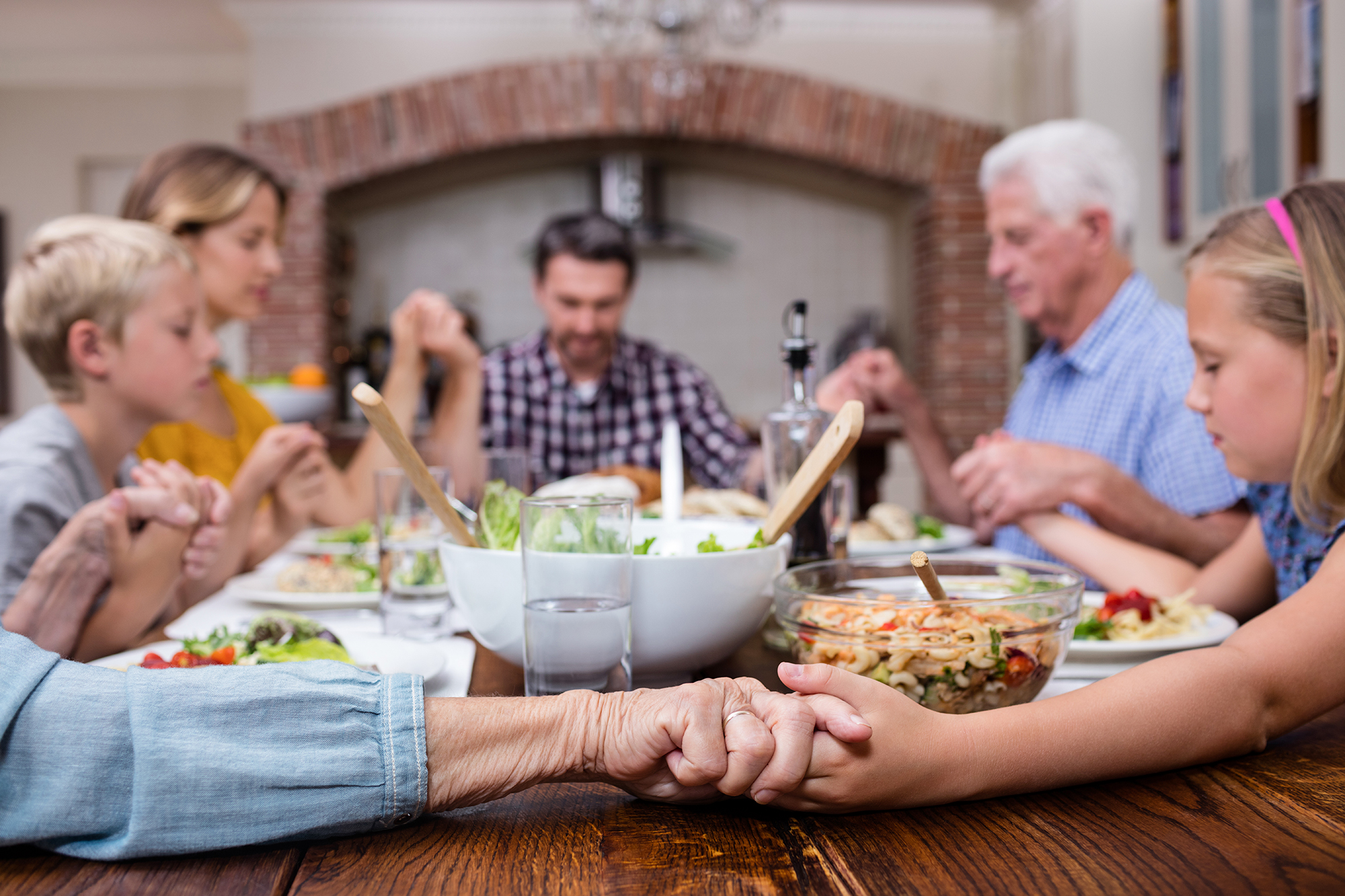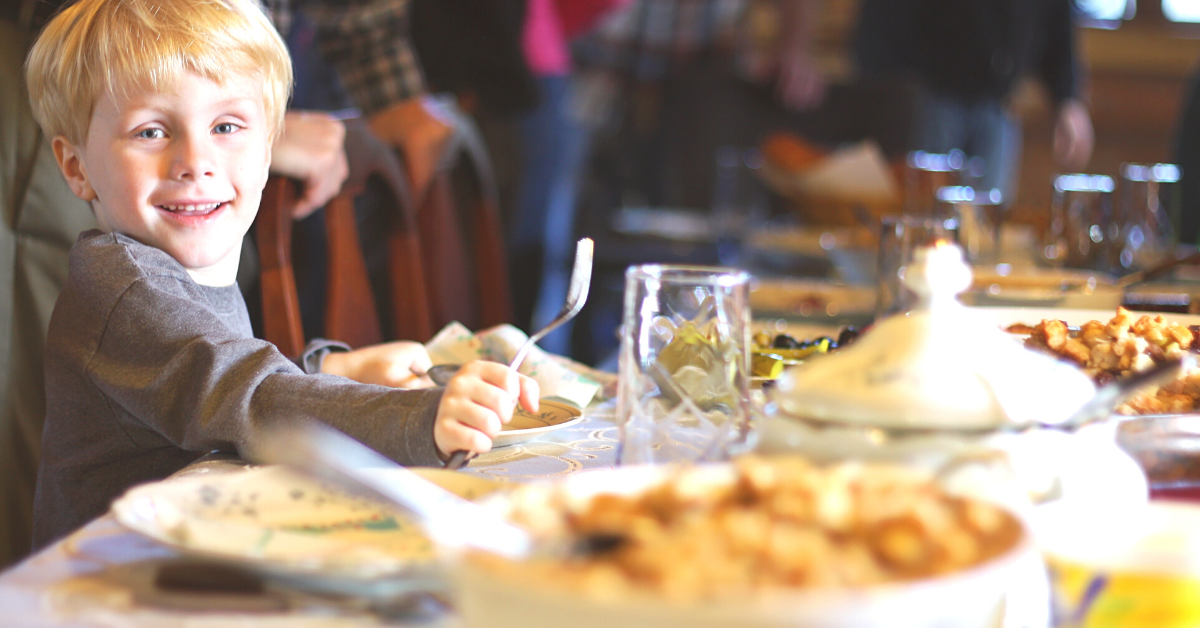Family meals are more than just a time to sit down and eat together. They hold a great significance in shaping the character of individuals, especially children. The kitchen table is where families come together to share food, stories, and experiences, making it the perfect place for character development to begin. Through the simple act of having regular family meals, parents can lay the foundation for their children's moral and emotional growth. Importance of Family Meals for Character Development
The kitchen table is often referred to as the heart of the home, and for good reason. It is where families gather to nourish their bodies and souls. However, it also plays a crucial role in shaping character. The conversations and interactions that take place at the kitchen table can have a profound impact on a child's values, beliefs, and behavior. It is where they learn to communicate, listen, and share, essential skills for building strong character. The Role of the Kitchen Table in Shaping Character
According to research, children who regularly have family dinners exhibit more positive traits and behaviors. They are more likely to have higher self-esteem, better social skills, and a stronger sense of identity. This is because family dinners create a safe and supportive environment for children to express themselves and learn from their parents and siblings. It also allows for the reinforcement of positive values, such as respect, kindness, and gratitude. How Family Dinners Can Foster Positive Traits in Children
Family meals provide an opportunity for meaningful conversations to take place. It is a time for parents to ask about their children's day, listen to their thoughts and concerns, and share their own experiences. These conversations help children develop empathy, as they learn to understand and relate to others. It also allows for open communication and the building of trust between family members. The Power of Conversation at the Kitchen Table
Family meals not only strengthen the bond between family members but also help to instill important values in children. By sitting down together to eat, parents are modeling the value of togetherness and showing their children the importance of making time for family. It also allows for the passing down of family traditions, stories, and cultural values. Building Stronger Bonds and Values Through Family Meals
The kitchen table is a place for more than just eating. It can also be a place for learning and growth. Parents can use mealtime as an opportunity to teach their children new skills, such as setting the table, cooking, and cleaning up. This not only helps children develop a sense of responsibility but also allows for quality time together as a family. The Kitchen Table as a Place for Learning and Growth
Empathy and communication are essential skills for building strong character. Family dinners provide a safe space for children to express their feelings and emotions and for parents to validate and acknowledge them. This helps children develop empathy as they learn to understand and respond to the emotions of others. It also teaches them how to communicate effectively and resolve conflicts peacefully. Nurturing Empathy and Communication Skills at the Dinner Table
Family meals create a safe and supportive environment for children to learn and grow. It is a time for parents to provide guidance and support, and for children to feel secure and accepted. This is especially important in today's fast-paced and often stressful world. By coming together over a meal, families can create a sense of stability and routine, which is crucial for children's emotional well-being and character development. Creating a Safe and Supportive Environment for Character Development
Regular family meals have been linked to higher self-esteem and confidence in children. This is because it gives them a sense of belonging and importance within the family unit. When children feel valued and heard at the dinner table, they are more likely to develop a positive self-image and have a greater sense of self-worth. Family meals also provide an opportunity for children to contribute to the conversation and feel a sense of accomplishment. The Impact of Family Meals on Self-Esteem and Confidence
Mealtime rituals, such as saying grace or sharing a meal together, teach children the values of responsibility and respect. By involving children in meal preparation and clean-up, parents are teaching them to take responsibility for their actions and contribute to the family. It also allows for the practice of good manners and respect for others. These rituals and values learned at the kitchen table can have a lasting impact on a child's character. Teaching Responsibility and Respect Through Mealtime Rituals
The Importance of Character Development at the Kitchen Table

Creating a Nurturing Environment for Children
 One of the most important places in a home is the kitchen. It’s not just a space for cooking and eating, but also a hub for family interactions. It’s where we gather to share meals, stories, and laughter. As parents, we often underestimate the impact that this daily ritual of gathering at the kitchen table can have on our children’s character development.
Studies have shown that children who regularly eat meals with their families are more likely to have better social and emotional well-being, higher academic achievement, and better communication skills.
One of the most important places in a home is the kitchen. It’s not just a space for cooking and eating, but also a hub for family interactions. It’s where we gather to share meals, stories, and laughter. As parents, we often underestimate the impact that this daily ritual of gathering at the kitchen table can have on our children’s character development.
Studies have shown that children who regularly eat meals with their families are more likely to have better social and emotional well-being, higher academic achievement, and better communication skills.
Teaching Values and Life Skills
 The kitchen table is not just a place to eat, but also a place to learn. As parents, we have the opportunity to use this time to teach our children important values and life skills.
Simple tasks like setting the table, helping with meal preparation, and cleaning up afterward can teach children responsibility, teamwork, and respect for others.
It’s also a great opportunity to have meaningful conversations and discuss important topics. By creating a safe and inclusive space at the kitchen table, we can foster open communication and encourage our children to share their thoughts and feelings.
The kitchen table is not just a place to eat, but also a place to learn. As parents, we have the opportunity to use this time to teach our children important values and life skills.
Simple tasks like setting the table, helping with meal preparation, and cleaning up afterward can teach children responsibility, teamwork, and respect for others.
It’s also a great opportunity to have meaningful conversations and discuss important topics. By creating a safe and inclusive space at the kitchen table, we can foster open communication and encourage our children to share their thoughts and feelings.
Building Stronger Family Bonds
 In today’s fast-paced world, it’s easy for families to become disconnected. With busy schedules and endless distractions, it’s important to have a designated time and space for families to come together.
The kitchen table provides the perfect setting for strengthening family bonds and creating lasting memories.
It’s a place where we can put away our devices and truly engage with each other. By sharing meals and stories, we can build a strong sense of belonging and connection within our families.
In today’s fast-paced world, it’s easy for families to become disconnected. With busy schedules and endless distractions, it’s important to have a designated time and space for families to come together.
The kitchen table provides the perfect setting for strengthening family bonds and creating lasting memories.
It’s a place where we can put away our devices and truly engage with each other. By sharing meals and stories, we can build a strong sense of belonging and connection within our families.
Creating a Positive Atmosphere
 The atmosphere of a home greatly impacts the emotional well-being of its occupants. A welcoming and positive environment can have a significant impact on a child’s character development.
The kitchen table can serve as the heart of the home, radiating warmth and love.
By making it a priority to gather at the kitchen table for meals, we are creating a sense of stability and security for our children. This can help them develop into confident and resilient individuals.
The atmosphere of a home greatly impacts the emotional well-being of its occupants. A welcoming and positive environment can have a significant impact on a child’s character development.
The kitchen table can serve as the heart of the home, radiating warmth and love.
By making it a priority to gather at the kitchen table for meals, we are creating a sense of stability and security for our children. This can help them develop into confident and resilient individuals.
Conclusion
 The kitchen table is not just a piece of furniture, but a powerful tool for shaping our children’s character. By prioritizing family meals and creating a nurturing environment at the kitchen table, we are laying the foundation for our children’s future.
It is where they learn important values, build strong relationships, and develop into well-rounded individuals.
So let’s make it a point to gather at the kitchen table and make the most out of this invaluable space in our homes.
The kitchen table is not just a piece of furniture, but a powerful tool for shaping our children’s character. By prioritizing family meals and creating a nurturing environment at the kitchen table, we are laying the foundation for our children’s future.
It is where they learn important values, build strong relationships, and develop into well-rounded individuals.
So let’s make it a point to gather at the kitchen table and make the most out of this invaluable space in our homes.






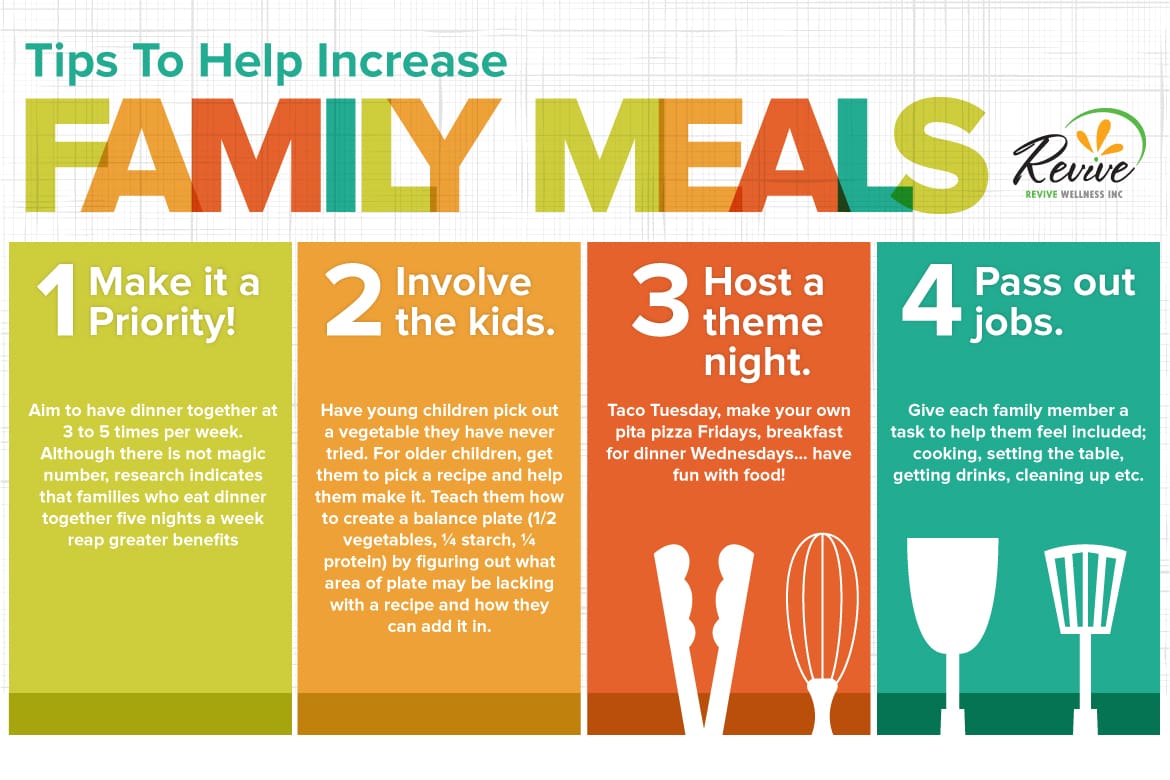











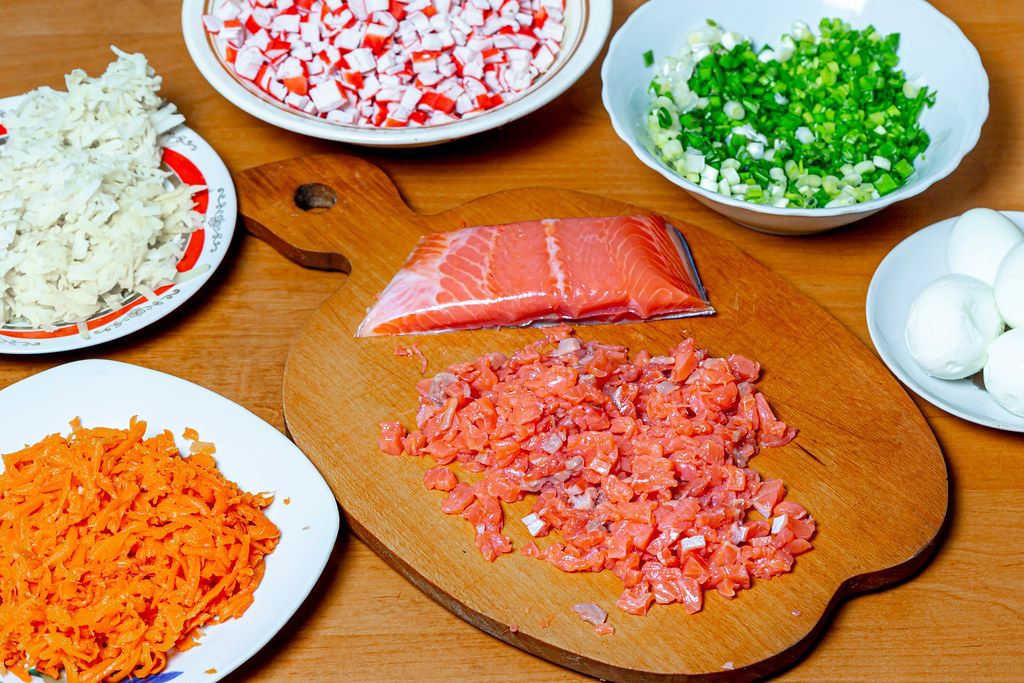


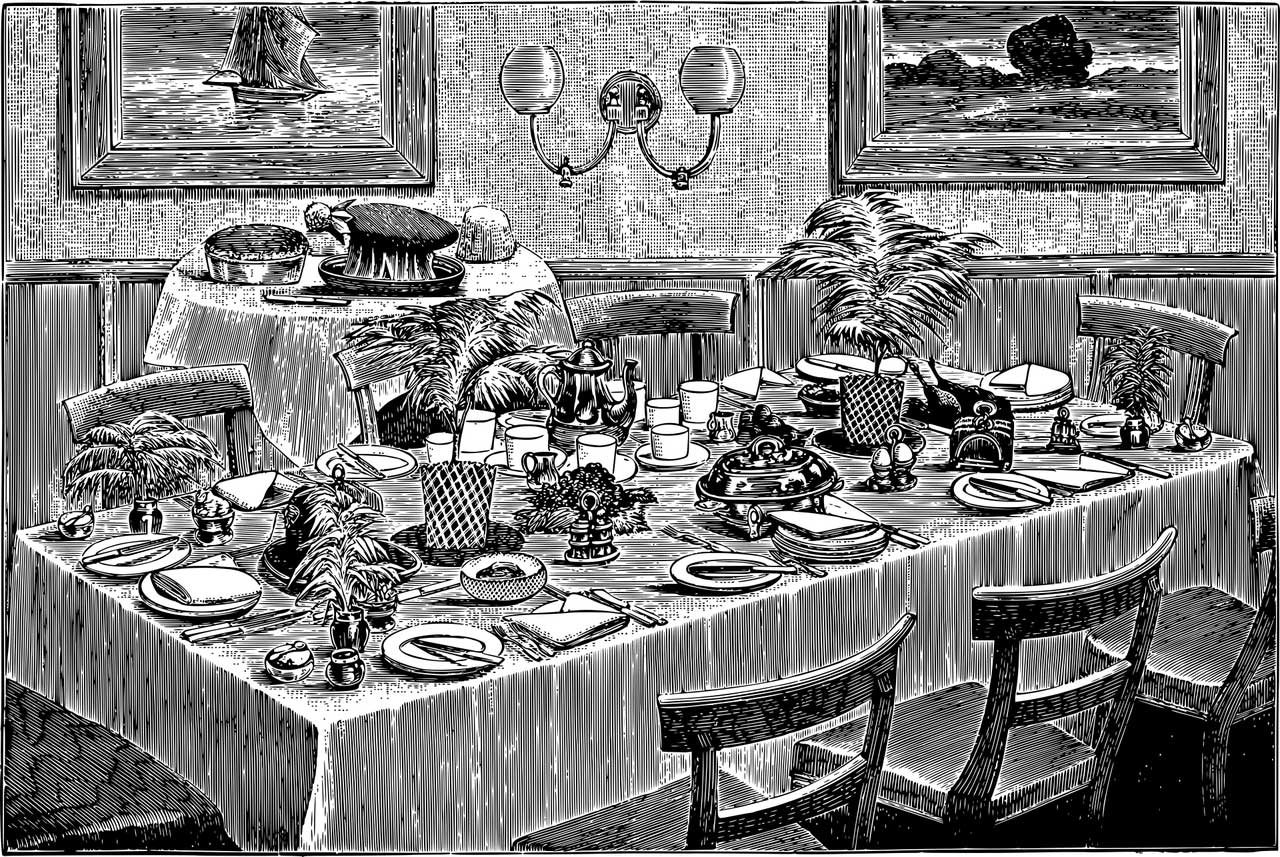











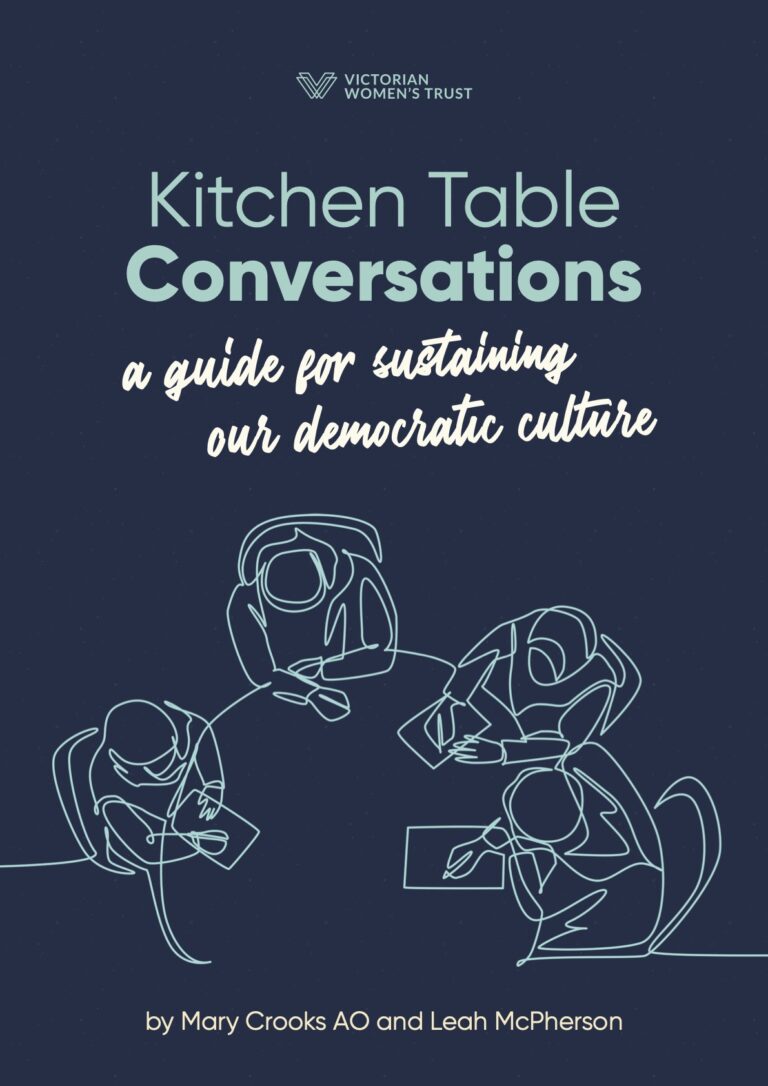












/Stocksy_txpee7a1821RGK100_Medium_1200443-587e84dd5f9b584db32eac35.jpg)
















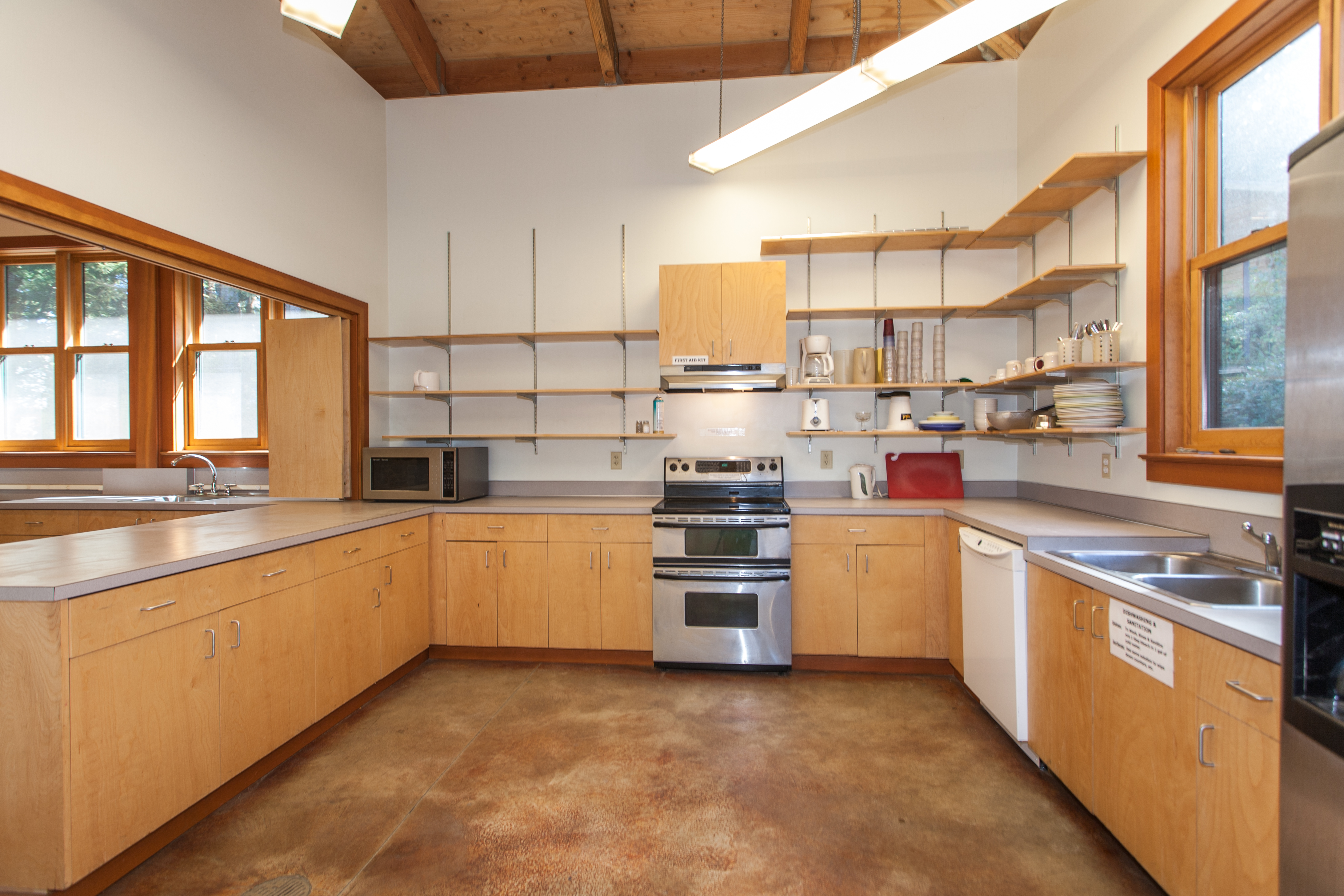



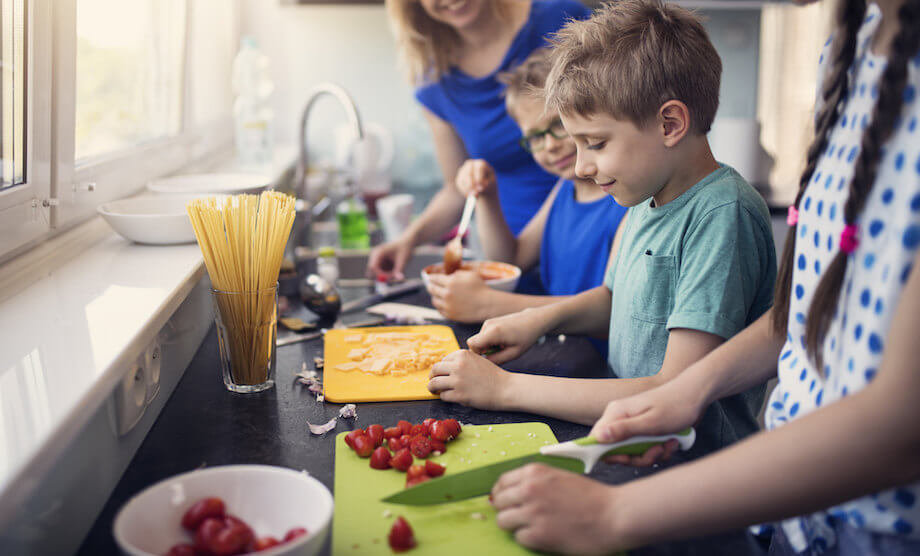

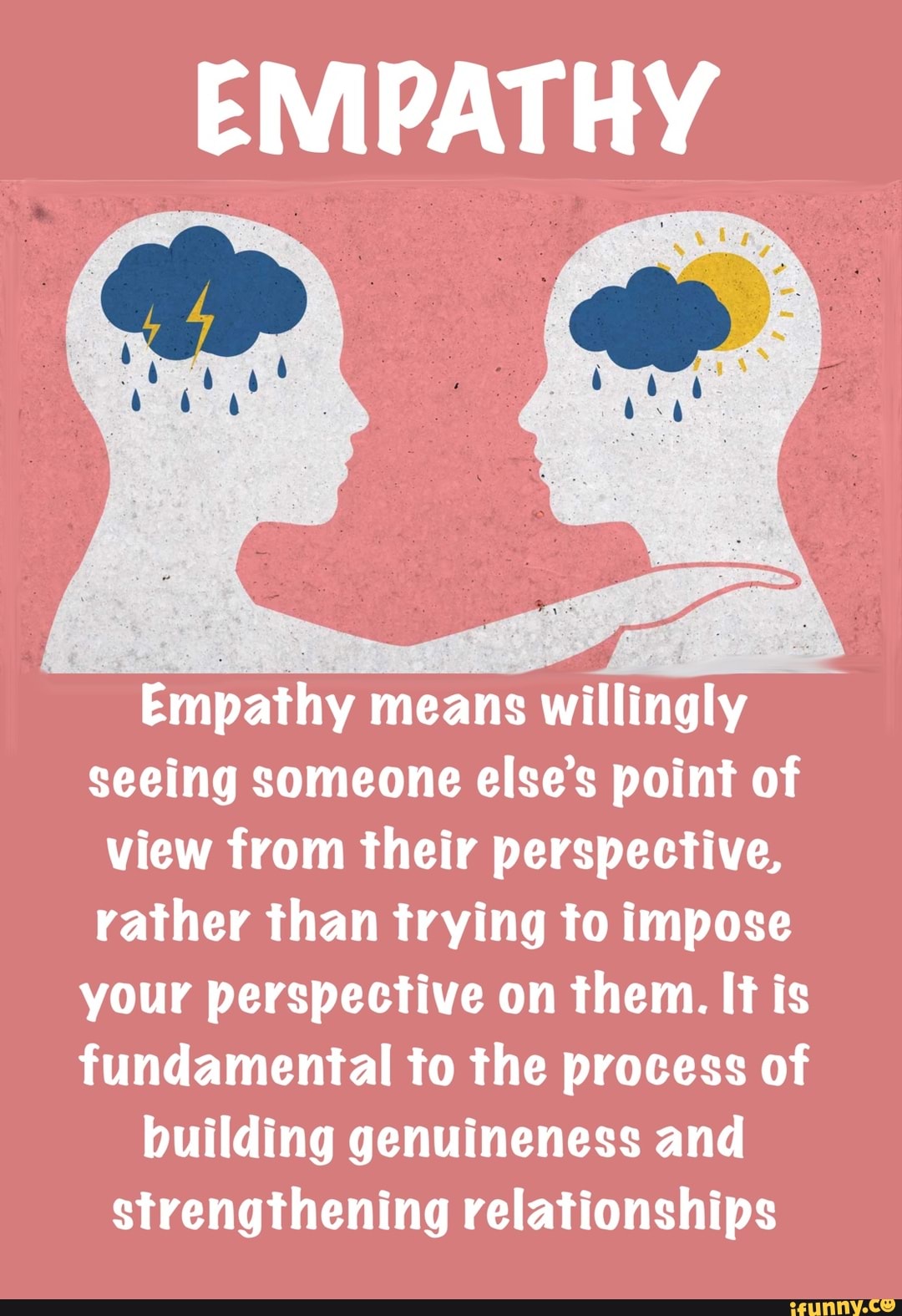



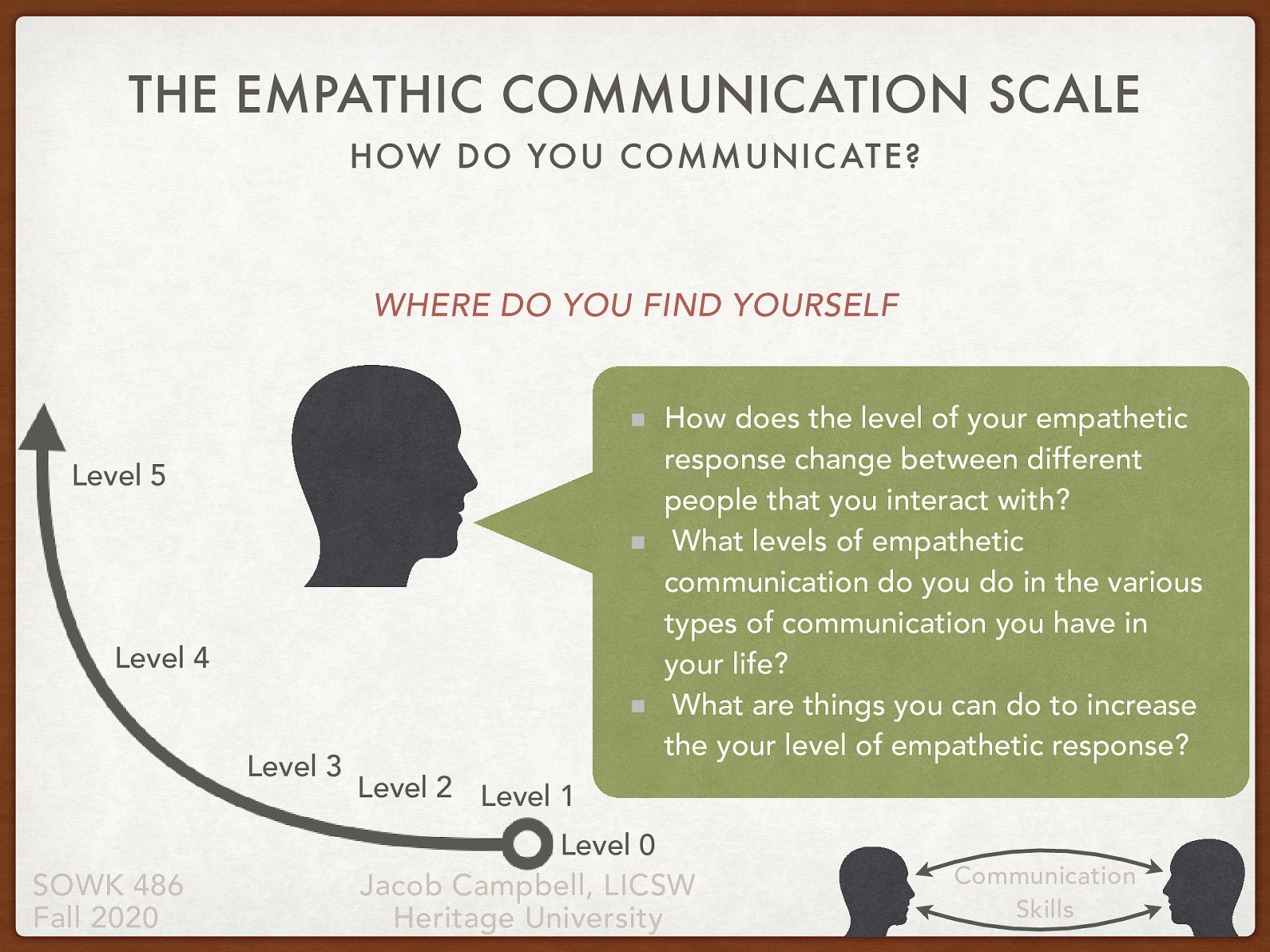






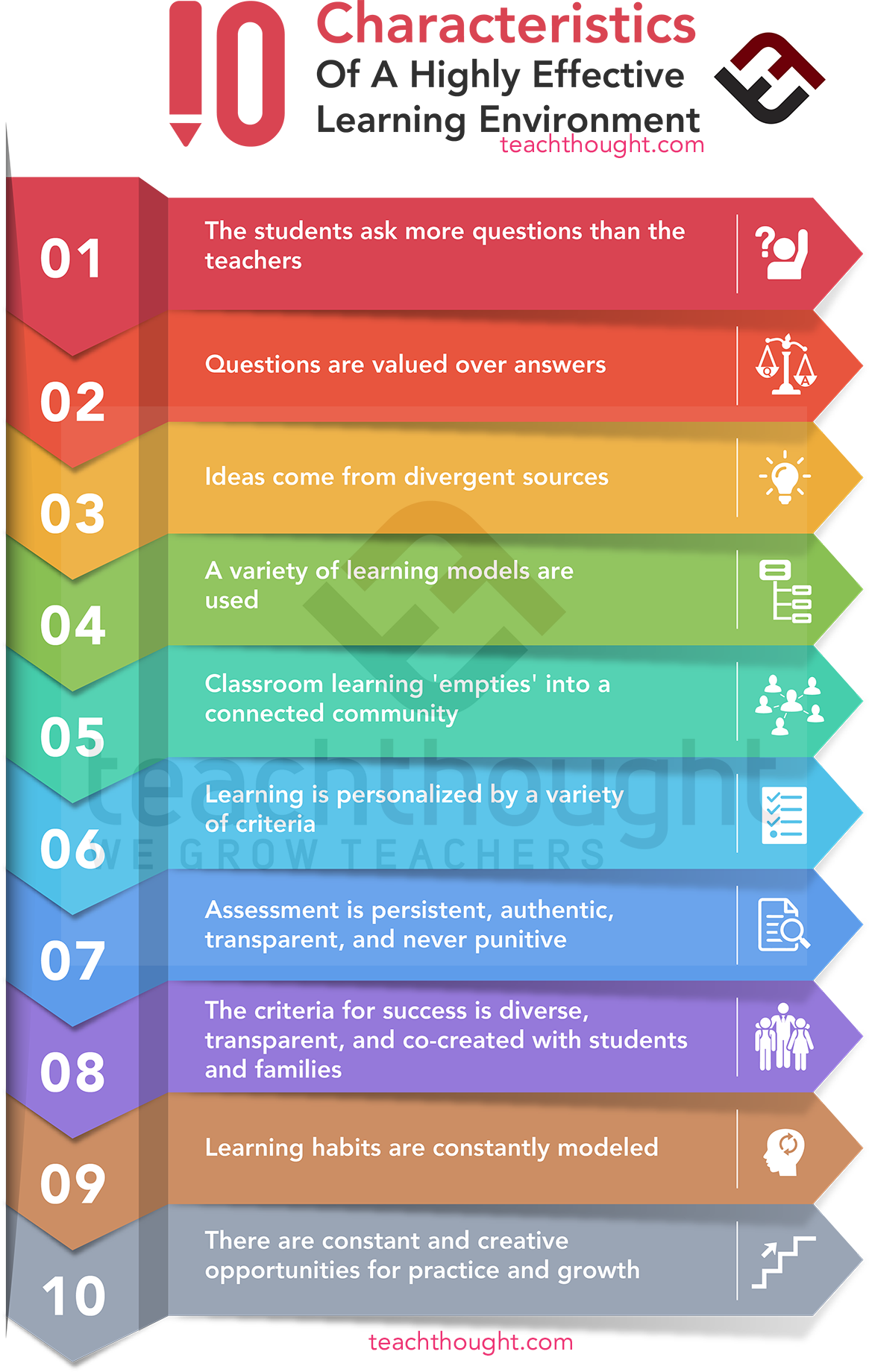






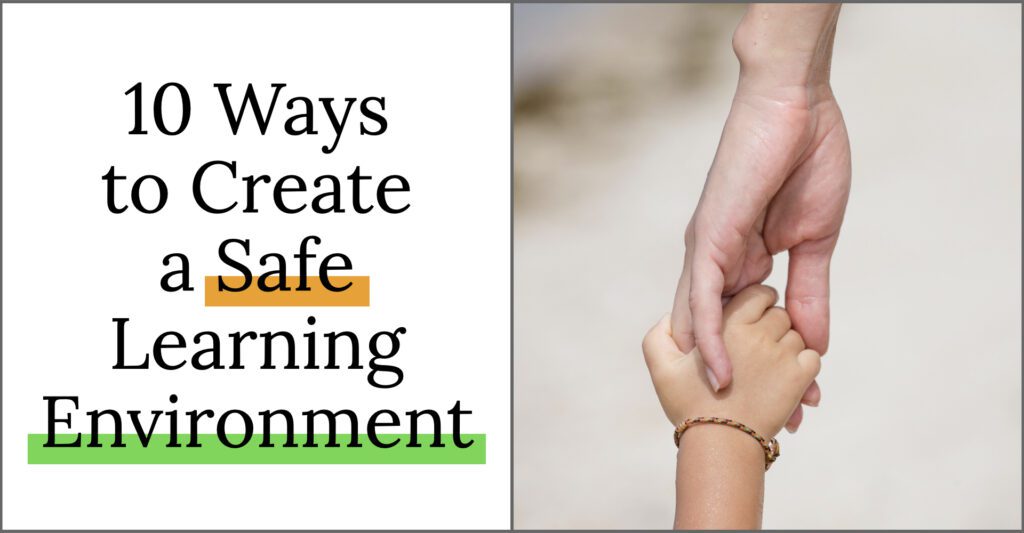




/Signs-of-low-self-esteem-5185978-V2-dfa2eb84605e4c3e94eda29566881ce1.png)


/why-it-s-important-to-have-high-self-esteem-5094127_final2-44f1b62b7f7d4329af70bc09c1f2ee2d.png)








